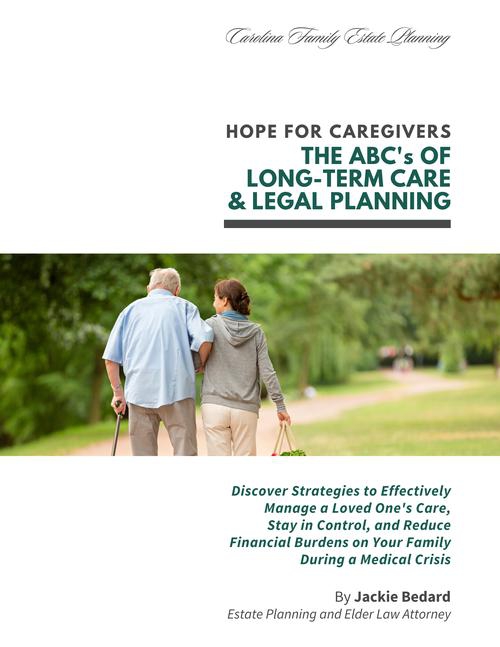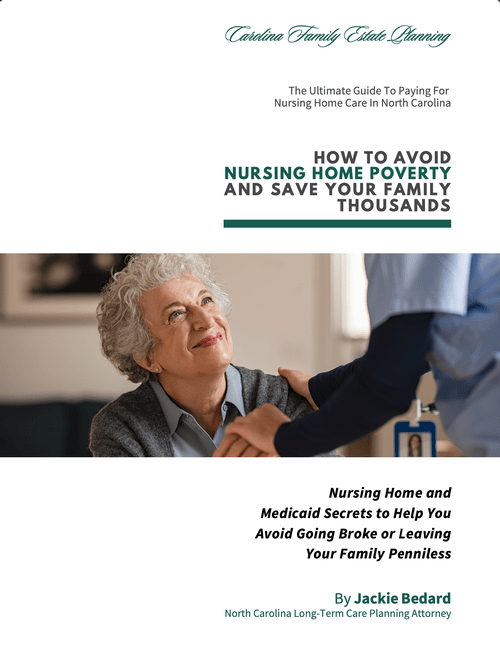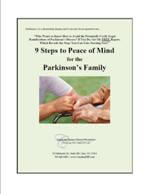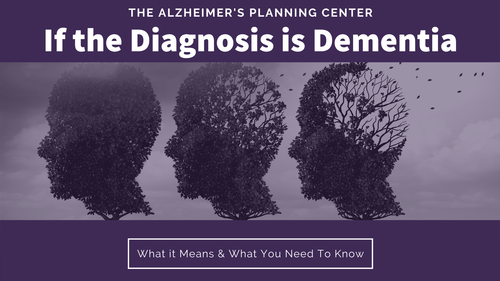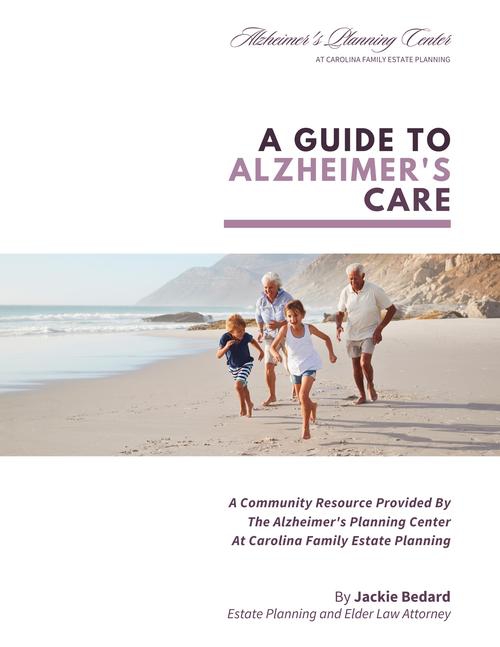
Planning for long-term care can be one of the most stressful challenges a North Carolina family faces. The cost of nursing home or in-home care is a significant financial risk that can quickly deplete a lifetime of savings and threaten a family's legacy. For many, the road leads to Medicaid, a government program that pays for long-term care for those who qualify.
But Medicaid eligibility is complex and full of traps for the unwary. Simply "spending down" your assets or giving gifts to family members without a plan can lead to a long period of ineligibility. In this blog post, we’ll dive into the basics of Medicaid and how to plan effectively to protect your assets and ensure a secure future.
The High Cost of Care: Why You Can't Afford to Wait
The average cost of a private room in a North Carolina nursing home is well over $8,000 a month. Most families simply cannot afford this for an extended period. This financial reality is a primary driver for families seeking government assistance.
The Reality of Long-Term Care in North Carolina
Most people believe they will never need long-term care. The truth is that a significant number of Americans will require some form of long-term care in their lifetime. Waiting for a health crisis—a sudden stroke, a fall, or a rapid progression of a condition like Alzheimer's—is the most common and most expensive mistake. Crisis planning is possible, but it is far more challenging and costly than planning ahead.
The Problem with Relying on Medicare or Health Insurance
A common misunderstanding is that Medicare or health insurance will cover long-term care. Medicare provides limited coverage for short-term stays in a skilled nursing facility, typically for rehabilitation after a hospital stay. It does not cover custodial care, which is the type of care most people need for help with daily activities like bathing, dressing, and eating. A person's personal health insurance policy is also unlikely to cover these costs. Medicaid is the primary payer for long-term care in the United States.
How to Qualify: North Carolina Medicaid Eligibility
To qualify for Medicaid long-term care benefits in North Carolina, an applicant must meet specific medical and financial requirements. This is where planning becomes crucial.
The Income & Asset Limits
Medicaid has strict limits on how much income and how many assets a person can have. For 2025, a single person applying for Nursing Home Medicaid in North Carolina can have no more than $2,000 in countable assets. For a married couple, where only one spouse needs long-term care, the rules are different to prevent the "community spouse" from becoming impoverished. These rules are complex and often require a detailed financial review.
Countable assets include things like checking and savings accounts, stocks, and bonds. Exempt assets generally include your primary home (up to a certain equity limit), one vehicle, and personal belongings.
The 60-Month "Look-Back" Period Explained
North Carolina Medicaid has a 60-month "look-back" period. When you apply for Medicaid, the state's Department of Social Services (DSS) will review all financial transactions from the past five years. If you or your spouse made any gifts or transfers of assets for less than their fair market value during this time, you could face a penalty period of ineligibility.
The penalty is calculated by dividing the value of the uncompensated transfers by the state's average cost of nursing home care. For example, if you gave away $100,000, you would be ineligible for Medicaid for a number of months based on that penalty divisor. This is why giving away your home or a large sum of money to your children as a last-minute plan is so dangerous.
The Planning Continuum: Proactive vs. Crisis
There is a significant difference between planning for long-term care well in advance and acting in the middle of a health crisis. Your timing is the single most important factor that determines what legal tools and options are available to you.
Proactive Planning: Acting Before a Crisis
Proactive planning takes place at least five years before you anticipate needing care. This approach offers the most options for protecting assets and can be a component of a comprehensive estate plan. A proactive plan might involve setting up an irrevocable trust, which can hold and protect assets from being counted by Medicaid, or using legal gifting strategies while respecting the look-back period.
Crisis Planning: When a Loved One Needs Immediate Care
If you or a loved one is already in a nursing home or is about to enter one, you are in a crisis. You may be over the Medicaid asset limit and need to act quickly to qualify without incurring a penalty.
An elder law attorney can help you navigate this difficult situation. They may be able to use legal strategies such as a "spend down" plan—making necessary purchases or paying off debt to reduce countable assets—or use other legal tools to protect a portion of the family's wealth. While more challenging than proactive planning, crisis planning can still save a significant portion of a family's assets.
Why You Need an Elder Law Attorney
Medicaid rules are governed by a combination of federal and state laws. North Carolina has its own specific rules and procedures that are constantly changing. Trying to navigate this alone is a huge burden on caregivers and families. An elder law attorney who is an expert in North Carolina's Medicaid regulations can help you:
- Accurately assess your financial situation and eligibility.
- Develop a legal strategy to protect your assets.
- Prepare and submit a complete application to DSS.
- Appeal a denied application.
Avoiding the Most Common Mistakes
Even with the best of intentions, families often make costly mistakes that can jeopardize their eligibility for Medicaid and their financial security. The rules are intricate, and a well-meaning piece of advice from a friend or even a professional who is not an elder law specialist can lead you into a trap that you can't easily get out of. Understanding these common pitfalls is the first step toward a secure plan.
Gifting Assets Without a Plan
Many people think, "If I give my money to my kids, Medicaid can't count it." This is a dangerous assumption. As mentioned, the 60-month look-back period exists specifically to prevent this. A gift of any size to a family member or friend can trigger a penalty period.
Relying on Joint Accounts
Adding a child's name to a bank account as a joint owner might seem like a simple way to give them access, but it can create problems. Medicaid will consider the entire amount in the account to be a countable asset. Additionally, if the child withdraws money from that account, it could be considered a gift, triggering a penalty.
Overlooking the "Spousal Impoverishment" Rules
For a married couple, the rules are designed to protect the "community spouse" who is not seeking care. These rules allow the community spouse to keep a significant portion of the couple's assets and a portion of their income. However, these rules are complicated. An elder law attorney can ensure you maximize these allowances and avoid impoverishing the healthy spouse.
Your Next Steps: A Path to Peace of Mind![]()
Whether you are in a crisis or just starting to think about long-term care, there is no substitute for a solid legal plan. The complexities of North Carolina Medicaid rules require professional guidance.
For a deeper dive into these topics, download our free guide, "Hope for Caregivers: The ABCs of Long-Term Care Legal Planning."
To discuss your specific situation, we invite you to schedule a case assessment with a North Carolina elder law attorney today.
Frequently Asked Questions
Q: Does Medicare cover nursing home care?
A: Medicare only covers short-term stays in a skilled nursing facility, and only if the stay follows a qualifying hospital stay. It does not cover long-term custodial care.
Q: What is a "Medicaid spend down"?
A: A "spend down" is the process of legally reducing a person's countable assets to qualify for Medicaid. This can involve paying off debts, making necessary home repairs or modifications, or purchasing exempt assets like a burial plot.
Q: What is the penalty for gifting assets to a child?
A: If a gift is made within the 60-month look-back period, Medicaid will impose a penalty period of ineligibility. The length of the penalty is calculated based on the value of the gift and the average cost of nursing home care in North Carolina.

